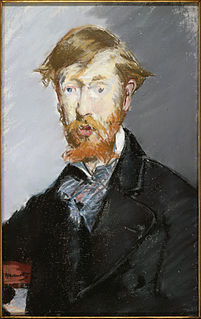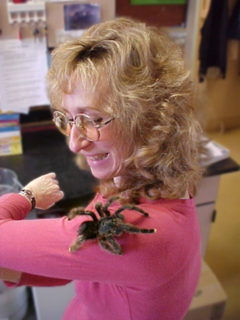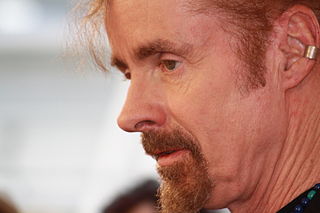A Quote by E. O. Wilson
While ants exist in just the right numbers for the rest of the living world, humans have become too numerous. If we were to vanish today, the land environment would return to the fertile balance that existed before the human population explosion. Only a dozen or so species, among which are the crab louse and a mite that lives in the oil glands of our foreheads, depend on us entirely. But if ants were to disappear, tens of thousands of other plants and animal species would perish also, simplifying and weakening land ecosystems almost everywhere.
Quote Topics
Almost
Also
Among
Animal
Ants
Balance
Become
Before
Crab
Depend
Disappear
Dozen
Ecosystems
Entirely
Environment
Everywhere
Exist
Existed
Explosion
Fertile
Foreheads
Glands
Human
Human Population
Humans
Just
Land
Lives
Living
Numbers
Numerous
Oil
Only
Other
Our
Perish
Plants
Population
Population Explosion
Rest
Return
Right
Species
Tens
Tens Of Thousands
Thousands
Today
Too
Us
Vanish
Weakening
Were
Which
While
World
Would
Related Quotes
I just wonder what it would be like to be reincarnated in an animal whose species had been so reduced in numbers than it was in danger of extinction. What would be its feelings toward the human species whose population explosion had denied it somewhere to exist. I must confess that I am tempted to ask for reincarnation as a particularly deadly virus.
Each of these [bacterial] species are masterpieces of evolution. Each has persisted for thousands to millions of years. Each is exquisitely adapted to the environment in which it lives, interlocked with other species to form ecosystems upon which our own lives depend in ways we have not begun even to imagine.
Some men spend their lives watching bees and ants, noting down the habits of these insects; my pleasure is to watch the human mind, noting how unselfish instincts rise to the surface and sink back again, making way for selfish instincts, each equally necessary, for the world would perish were it to become entirely selfish or entirely unselfish.
It was not that I disliked people; some of them were interesting and kind. But even the nice ones were no more compelling or important to me than other creatures. Then, as now, to me humans are but one species among billions of other equally vivid and thrilling lives. I was never drawn to other children simply because they were human. Humans seemed to me a rather bullying species, and I was on the side of the underdog.
It is my land, my home, my father's land, to which I now ask to be allowed to return. I want to spend my last days there, and be buried among those mountains. If this could be I might die in peace, feeling that my people, placed in their native homes, would increase in numbers, rather than diminish as at present, and that our name would not become extinct.
A large animal needs a large area. If you protect that area, you're also protecting thousands of other plants and animals. You're saving all these species that future generations will want - you're saving the world for your children and your children's children. . . . The destruction of species is final. If you lose a species, you lose the genes, you lose all the potential drugs and potential foods that could be useful to the next generations. The ecosystems will not function as they have.
Humanity is a biological species, living in a biological environment, because like all species, we are exquisitely adapted in everything: from our behavior, to our genetics, to our physiology, to that particular environment in which we live. The earth is our home. Unless we preserve the rest of life, as a sacred duty, we will be endangering ourselves by destroying the home in which we evolved, and on which we completely depend.
For me, it always comes back to the land, respecting the land, the wildlife, the plants, the rivers, mountains, and deserts, the absolute essential bedrock of our lives. This is the source of where my power lies, the source of where all our power lies. We are animal. We are Earth. We are water. We are a community of human beings living on this planet together. And we forget that. We become disconnected, we lose our center point of gravity, that stillness that allows us to listen to life on a deeper level and to meet each other in a fully authentic and present way.
































